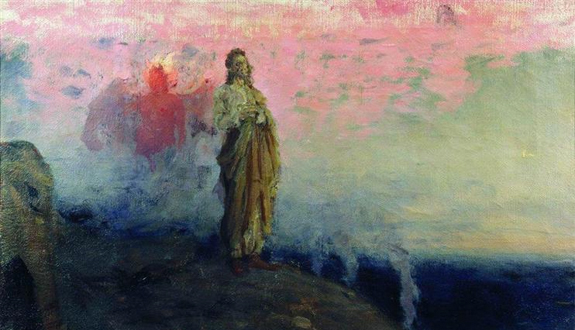- Nov 24, 2022
- 75
- 12
- 53
- Country
- United States
- Faith
- Non-Denom
- Marital Status
- Married
1 John 5:16 says: "If anyone sees his brother committing a sin not leading to death, he shall ask, and God will for him give life to those who commit sin not leading to death. There is a sin leading to death; I do not say that he should make a request for this."(NAS '95)
Within the context of this epistle, what is this sin that leads to death? I believe that the sin that leads to death has to do with what John has been saying all along, but I would like to know what you guys believe this sin to be. Please explain briefly.
Within the context of this epistle, what is this sin that leads to death? I believe that the sin that leads to death has to do with what John has been saying all along, but I would like to know what you guys believe this sin to be. Please explain briefly.
Last edited:

